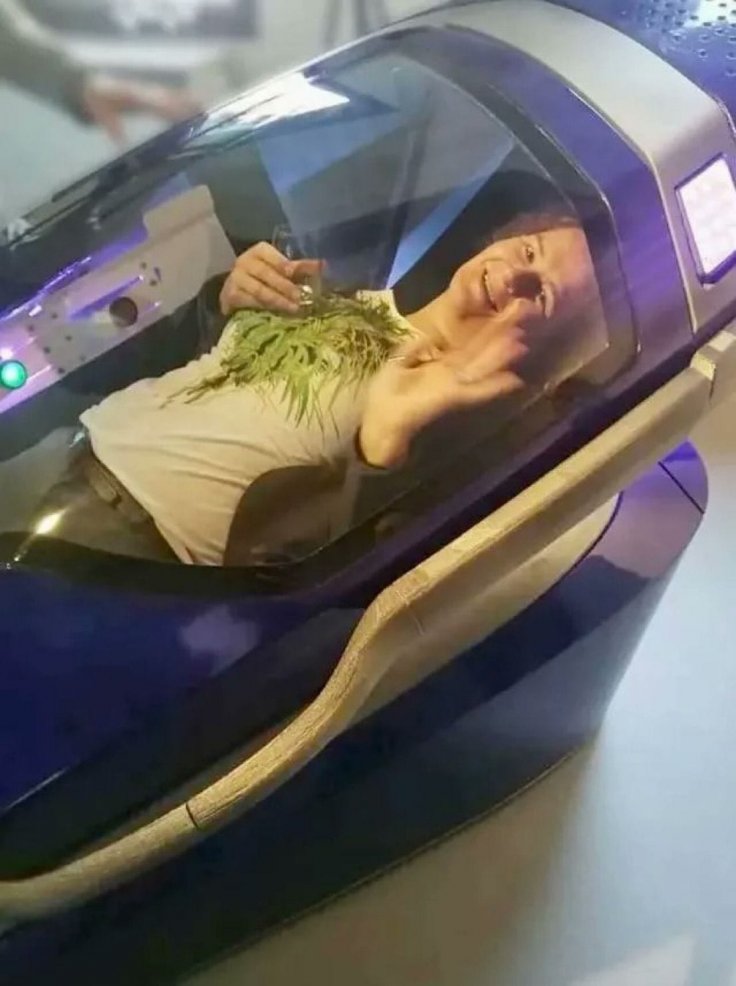The death of a 64-year-old woman inside a Sarco suicide pod in Merishausen, Switzerland, has sparked homicide suspicions after investigators discovered strangulation marks on her neck. The incident took place in September, when the woman reportedly activated the pod, designed for assisted suicide, near a secluded cabin. The Sarco pod, created by Dr. Philip Nitschke, is supposed to deliver a painless death by releasing nitrogen gas, inducing fatal hypoxia within minutes.


However, forensic experts found "serious injuries" on the woman's neck, which do not align with the typical process of death by hypoxia. Chief prosecutor Peter Sticher raised concerns about the unusual findings, suggesting "intentional homicide" and presenting his suspicions to the court. Sticher's announcement has opened an investigation into whether the woman was strangled before or during her time in the pod, challenging initial beliefs that she had acted independently to end her life.
A report from The Last Resort, the organization facilitating the Sarco pod's use, suggested that the woman's health condition may have contributed to the markings on her neck. She had been diagnosed with skull base osteomyelitis, a painful and untreatable infection of the bone marrow, leaving her bedridden for long periods and suffering severe, chronic headaches. Her doctors had reportedly exhausted treatment options, unable to manage her condition due to an immune disorder.
Despite her physical suffering, her death has now come under scrutiny due to the unusual injuries. Dr. Nitschke, who oversaw the pod's development, shared that she entered the Sarco device and "pressed the button almost immediately" to release the gas. He reported subtle arm movements during her final moments, indicating the onset of unconsciousness, but her death was expected to be rapid and without such visible signs of trauma.
Sources close to the investigation have highlighted that the woman had expressed a desire to end her life for over two years due to the intense pain caused by her illness. Her two sons reportedly supported her decision to use the pod, believing it was a way for her to avoid continued suffering. The family has reiterated that her choice was voluntary, but the strangulation marks have intensified scrutiny around the circumstances of her death.
Following this discovery, Dr. Florian Willet, President of The Last Resort, was arrested, along with other individuals present when the woman activated the pod. Although Willet's role reportedly involved only overseeing the pod's operation, he has now been in custody for nearly five weeks as authorities continue to investigate.
The Sarco pod, promoted as a means of providing a painless death, has faced criticism and concern over its ethical implications and potential misuse. Priced at around $20 per session, it has already stirred debate across various countries regarding assisted dying. This incident has further amplified calls for increased oversight, with Swiss authorities now examining the potential misuse of such technology and the ethical ramifications it carries.
As the investigation proceeds, the case has raised new questions about the risks of euthanasia devices and the need for stronger regulations to prevent potential abuses.









